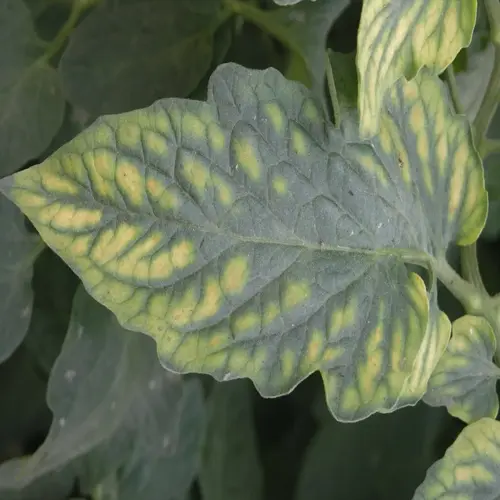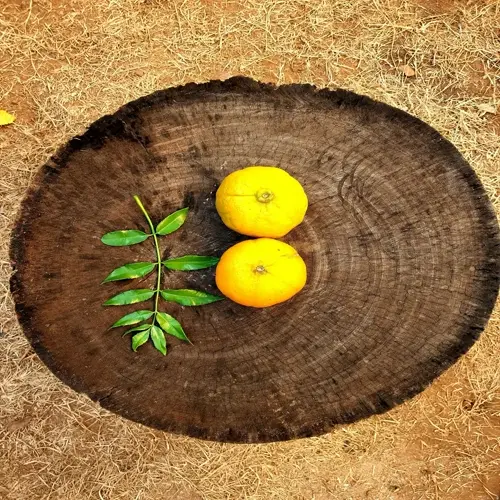What are the cost benefits of peat alternatives?

Written by
Michael Sullivan
Reviewed by
Prof. Martin Thorne, Ph.D.Alternatives to peat represent a dramatic savings and an environmentally sound idea. There is no raw dollar outlay for making compost yourself. Municipal wood chips are often free. Local sources may also have available rice hulls that are less expensive than peat. You save money at once and protect delicate ecosystems.
Compost
- Free when made from kitchen/garden waste
- Eliminates fertilizer purchases
- Reduces garbage disposal costs
Wood Chips
- Free from municipal tree services
- Saves on soil conditioner products
- Reduces irrigation needs by 30%
Rice Hulls
- Low-cost agricultural byproduct
- Replaces perlite/vermiculite purchases
- Lightweight reduces shipping costs
Leaf Mold
- Free autumn resource
- Replaces expensive mulches
- Improves soil without amendments
Local sourcing maximizes savings and minimizes any carbon impact. In many cities, compost programs provide free "waste" materials. Arborist companies supply free wood chips. Farm cooperatives supply rice hulls at low cost. Your location determines the most economical choices.
Long-term savings extend beyond simply purchase costs. Healthy soil built with compost requires less water. Wood chips greatly reduce weeding time. Rice hulls permanently improve soil structure. These substitutes bring real financial benefits and continue to aid us season after season.
Repurposing waste converts an expense into savings. Garbage is not garbage when kitchen scraps are transformed into valuable compost, rather than being sent to a fee-for-garbage dump removal. Fallen branches are now turned into free wood chips, eliminating the need for throw-away fees. Agricultural byproducts, such as rice hulls, are no longer a fee for landfill disposal but are of gainful use.
Start saving now by reducing your peat use. A fifty percent substitute means immediate savings. Your garden is more plentiful and sustainable. These substitutes demonstrate that ecological choices are better for the world and your pocketbook.
Read the full article: 10 Best Peat Moss Alternatives for Gardens

